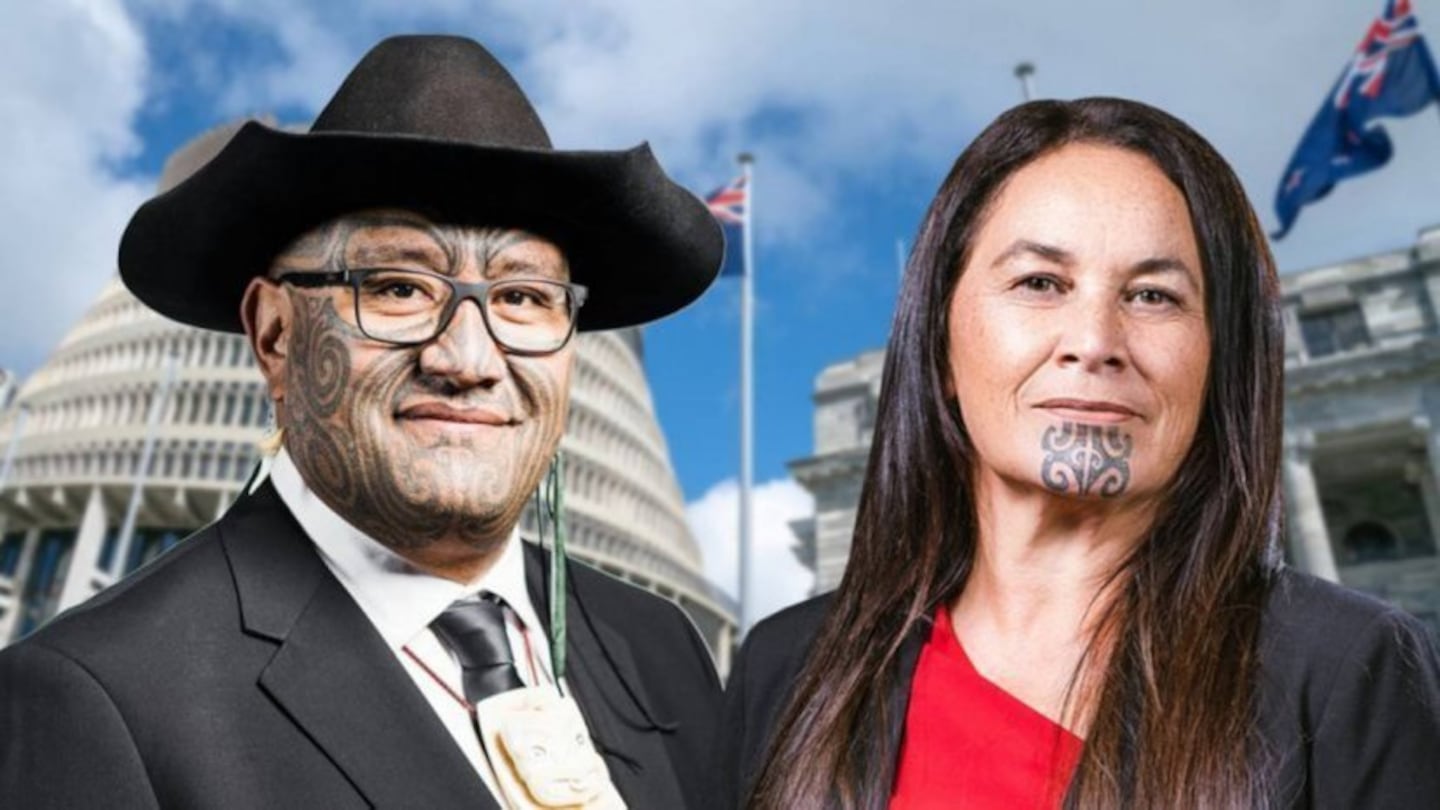Under a Te Pāti Māori government, the first $30,000 of income would be tax-free, while GST would be removed from all kai and supermarkets would be regulated against hiking prices.
Te Pāti Māori is the latest party to reveal its tax policy ahead of October’s general election and co-leader Rawiri Waititi says the current tax system is doing exactly as it was designed to do: “Take money from the poor and give it to the rich”.
“The richest 10% now own half the wealth in this country, while the poorest half owns a mere 2%. On top of that, average people in Aotearoa are paying 20.2% in tax while the wealthy are only paying 9.4%. It’s time we rectified this imbalance,” Waititi said.
The party’s estimates for its tax policy show the changes would reap an extra $16.4b a year, largely through taxing high-income and high-wealth people more.
Under the party’s plan for GST-free food, Te Pāti Māori says whānau would, on average, effectively get seven weeks of free food a year and would come at a cost of $3.4 billion in lost tax but offset by the introduction of a wealth tax and changes to the income tax bands.
“Let’s allow our people the dignity to be able to feed their families. You want to talk ‘bread and butter’ issues, you have policies that continue to deny people actual bread and butter on the table,” Waititi said.
Progressive wealth taxes
The party is proposing changes to income tax, removing tax completely on the first $30,000, adjusting existing tax brackets and introducing new rates for earners over $180,000.
It would also add progressive wealth taxes on net wealth over $2 million.
“Under our plan 4.2 million people will be paying less tax in Aotearoa. That means more kai on the table. It means whānau being able to afford their own homes instead of being forced to pay off someone else’s mortgage in rent,” Waititi said.
“It means reinvesting into those who need it the most. It’s time for the wealthy to start pulling their weight,” Waititi said.
Te Pāti Māori would also allocate $500 million to the Serious Fraud Office and Inland Revenue to investigate tax evasion. He says white-collar crime, such as tax evasion costs the country $7 billion a year but is largely left alone by authorities.
“What we’re saying is white-collar crime is okay but we’ll continue to hammer ram-raiders and gangs. Yes, ok, if there is criminal activity, you do that but let’s make sure criminal activity is across the board and white-collar crime and tax evasion are not lesser crimes. It’s actually a bigger crime because it takes away more money from this country to be able to close those health inequities, housing inequities, education, welfare, justice.”
‘Labour policy by stealth’
The Greens released their tax policy last month, including a $10,000 threshold on income, and a guaranteed income for all New Zealanders paid for by a wealth tax.
Labour and National, neither of which has so far released their own tax policies ahead of the election, have ruled out wealth taxes. Ngarewa-Packer says Te Pāti Māori’s policy is designed to let its voters know exactly what its bottom lines would be in any potential coalition discussions.
“We have to deal with the poverty issue. Seriously, 2.1 million people living on $30,000 a year. How are we as a nation living with that on our conscience? We have to do something drastic and radical. That is what this policy is about.”
National campaign chair Chris Bishop slammed the policy, saying it is Labour policy by stealth, and taking a swipe at former Labour minister Meka Whaitiri.
“Te Pāti Māori’s radical high-tax agenda would send a wrecking ball through New Zealand’s economy, which is already in bad shape because of Labour’s mismanagement.
“These tax policies are very similar to the ones Chris Hipkins’ most senior ministers strongly support – to the point David Parker even resigned as revenue minister because he couldn’t bring himself to pretend Labour doesn’t want to whack more taxes on Kiwis’ retirement funds, homes and businesses.
“Perhaps this is why Meka Whaitiri defected to Te Pati Māori - they’re basically the same as Labour on policy but with the added perk of not having to be part of the dysfunctional Labour Party.”



